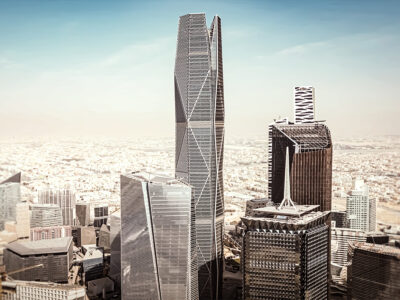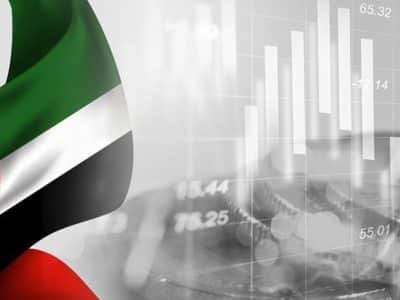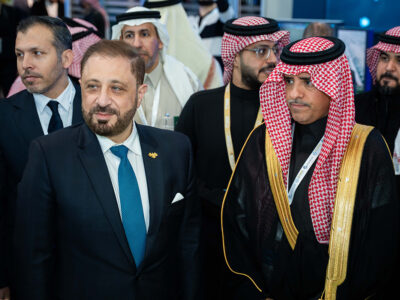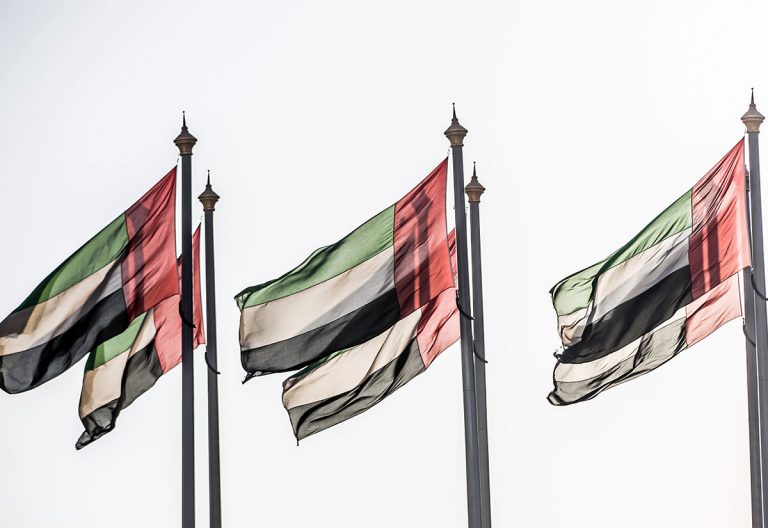For more than ten years now, the ASDA’A BCW Arab Youth Survey has documented the turbulence and transformation of the Middle East, from the perspective of youth living through changing times.
For eight of those years, however, one finding has been constant, that the United Arab Emirates is the country most young Arabs would like to live in, and would most like their own to emulate.
Indeed, in 2019, the UAE’s standing hasn’t just held its ground – it has positively surged, with 44 percent of young Arabs saying they’d like to live in the UAE, more than double the number who picked the Emirates in 2012, and twice as many who picked this year’s distant runner up, Canada.
The UAE has established itself as a successful national model from the region, and one of the few success stories in the Middle East.
The headline reasons for the UAE’s popularity have also stayed constant – stability and security in a troubled part of the world, and well-paid job opportunities in a region that infamously fails to provide enough are the key ones – but do they really account for that surge we see since 2012? After all, North America and Western Europe would be more obvious models, with similar benefits, one would think.
I think there’s more to it. The growth in popularity over the past eight years is really down to the UAE’s success in achieving a vision, articulated by the leadership many years ago, of becoming a model country, not just in the Middle East, but globally – and a model country with a specific appeal to youth.
Tolerant culture
Today, the UAE is measured not only by the traditional parameters of progress and prosperity, but the benefits of its growing soft power in the global community. The UAE is enjoying the dividends of embracing global values and an open, tolerant culture.
The UAE has grabbed headlines through its ambitious, and impressive, cultural development
2019 is the year where we can see so much of that effort bearing fruit.
Take, for example, the UAE’s desire to be an innovation hub and a place for business: this is the year that Careem – a Dubai-born challenger to Uber’s crown in the region – was bought by its Silicon Valley rival for $3.1bn. Arab entrepreneurs can’t fail to be impressed when they look at the can-do/go-for-it society that nurtured Careem and other unicorns from start-up to sale. Where else in the Middle East would you even consider a serious start-up?
If that wasn’t enough, the UAE is relaxing its residency rules and is now rewarding the brightest and best expat talent with extended 10-year visas, with entrepreneurs, STEM talent and other future-focused specialists particularly sought after.
And, while culture is relatively low down on the priorities for the pragmatic youth we surveyed this year, there’s no doubting that the UAE has grabbed headlines through its ambitious, and impressive, cultural development – something young people in the region can’t have possibly failed to notice.
Witness the opening of the Louvre in Abu Dhabi, the Dubai Opera, and of stalwart headliners like Art Dubai – all bringing the best curators, artists and performers to the UAE.
This journey has culminated this year in a celebration of the country’s most admirable trait: tolerance. The UAE’s declared Year of Tolerance 2019 is not even near the half-way mark as I write this, and just look at what has been witnessed so far.
The visit of Pope Francis to Abu Dhabi in February – the first by a Pontiff to the Arabian Peninsula – was a truly historic occasion. It was followed, just one month later, by the Special Olympics World Games, also in Abu Dhabi, one of the largest sporting events on the planet, one that raised the bar for inclusion, shattered taboos and brought people with intellectual disabilities into the spotlight in the Middle East in a way that would have been deemed impossible just a decade ago.
It is not just that the UAE is increasingly embracing tolerance, it’s that in doing so, the Emirates is going against the current change sweeping across the region – and much of the world, for that matter – where we see nationalism on the rise. Here, we see a push towards openness, tolerance, and co-existence.
These two showpieces of tolerances – religious and social – can’t help but position the UAE as a nation that is wielding its immense soft power for good; something that must be refreshing for all youth to witness.
Through these initiatives, young Emiratis must feel themselves to be true global citizens. Indeed, the standing of the Emirati passport, now the world’s most powerful, is testament to the UAE’s ambitions to ensure its citizens stand proud with global peers. With Arab youth around the region looking to their governments for support, the UAE is truly a shining city on the hill.
And this takes me to the last, and most important point. Youth value the UAE because the UAE has always valued youth – wherever they hail from. The UAE cabinet has a Minister for Youth Affairs and other young, inspiring ministers include those for Artificial Intelligence, Food Security, Advanced Science, and Happiness. The country puts huge emphasis on education, with a focus on preparing youth – both citizen and resident – for the skilled, tech-focused careers of the future.
The success that the UAE has achieved so far is nothing short of remarkable and is celebrated the world over.
This global acclaim reflects a shift that has happened within the UAE’s outlook and ambition; the country is no longer eyeing a leadership position within the region and has instead firmly set its sights on carving out its own international image and presence.
The UAE also plays a prominent role in regional and global affairs, and 93 percent of youth in the survey sample view the country as an ally, as seen in Finding 4.
The UAE regards success as a journey without an end. Nobody said it better, in fact, than His Highness Sheikh Mohammed Bin Rashid Al Maktoum, Vice President and Prime Minister of the UAE, Ruler of Dubai, who, in his book, My Vision: Challenges in the Race for Excellence, said: “The race for excellence has no finish line”. Sheikh Mohammed set the tone for the progress that was to come next; with this approach, this commitment to success, and this ambition that goes beyond country or region, it is little surprise that the UAE is the destination of choice for youth across this region.




 Sunil John is the President – Middle East and Founder of ASDA’A BCW.
Sunil John is the President – Middle East and Founder of ASDA’A BCW.
